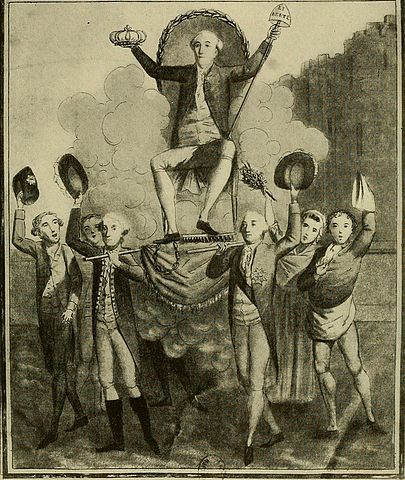Matt Damon famously starred in the Bourne films, including The Bourne Identity, The Bourne Supremacy, The Bourne Ultimatum, and the prosaically named Jason Bourne. But so far he has refused to appear in our proposed proofreading action movie, The Born/Borne Controversy.

(Image: nicolas genin/wikimedia)
In our script, a heroic grammarian travels the world getting into a series of implausible rooftop chases filmed in shaky cam. His aim is to capture a terrible villain who insists on mixing up the words ‘born’ and ‘borne’, despite knowing full well that this is incorrect.
But until Matt Damon signs on and we get the green light to start filming, you’ll have to make do with this slightly more low-budget explanation of how these words should be used.
Born (Birthed)
The more common of these words is ‘born’, which means ‘existing as a result of birth’. This is generally an adjective used to say something about someone’s birth:
A born long-distance runner, Mo Farah has competed at three Olympic Games.

(Image: Tab59/wikimedia)
‘Born’ is also used figuratively to describe the origins of an idea or project.
In addition, sometimes ‘born’ can be used as the past participle of ‘bear’ in the sense of ‘give birth to’, especially when using the passive voice:
Vlad was born on a dark and stormy night.
Here, ‘Vlad’ is the object of the verb ‘bear’, so we are using the passive voice. And since the sentence refers to something that has already happened, we use the past participle ‘born’.
Borne (Carried)
‘Borne’ is the main past participle of ‘bear’. This includes when ‘bear’ is used to mean ‘give birth to’ and the sentence is in the active voice:
Sheila has borne a son.
Here, ‘borne’ refers to the action of the subject (‘Sheila’), so it is in the active voice and we need to use the word ‘borne’. But this is quite a rare usage.
Find this useful?
Subscribe to our newsletter and get writing tips from our editors straight to your inbox.
Typically, ‘borne’ refers to ‘bear’ in the more general sense of ‘carry’, ‘support’ or ‘withstand’. So we would use ‘borne’ when describing someone that has undergone something:
With the team losing so many games, the fans have borne great hardship this season.
Or when describing something that has been carried or supported:
After scoring the winning goal, Eric was borne aloft by his teammates as they celebrated.
In most situations, it will be this sense of ‘borne’ you encounter.

Born or Borne?
The confusion arises because both words can be used as the past participle of ‘bear’, although only in relation to birth in the case of ‘born’.
But this makes it easy to remember which is which: if you’re discussing something related to birth, you’ll typically need ‘born’. The one exception is when using a past participle with the active voice, but this is fairly unusual.
Generally, ‘borne’ is used as a past participle of ‘bear’ meaning ‘carry’. So if you’re talking about someone having carried or supported something, the word to use is ‘borne’. Remember:
Born = Existing as a result of birth
Borne = Having carried or supported



